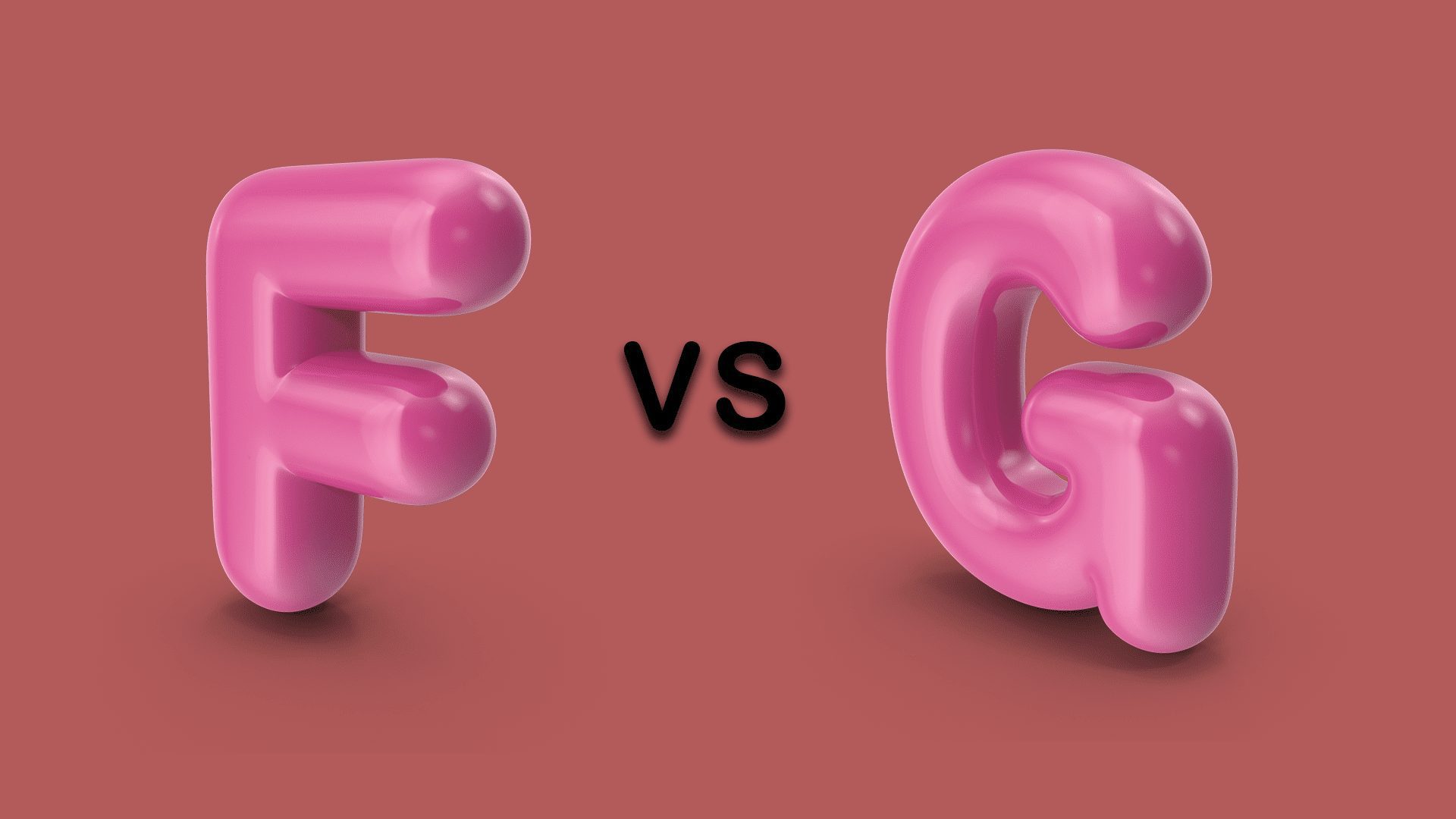Medigap Plan G Doctors – If you are looking for a Medigap Plan G, it is important to know which doctors accept this plan. Medigap Plan G is one of the most popular plans on the market, and many people rely on it to help cover their medical expenses. In this article, we will tell you which doctors accept Medigap Plan G so that you can get the most of your Medicare benefits.
Can I see any doctor with my Medigap plan?
No, not all doctors will accept your Medicare supplement Plan G. However, if your doctor accepts Medicare assignment, meaning they work with Original Medicare (Parts A and B), they will also accept your Medigap insurance.
Medigap Plan G, as well as the other letter policies, can be used at any provider’s office or facility that takes Medicare. It does not matter which insurance carrier the policy is through; they will all be accepted. There aren’t necessarily “networks” as you may be used to with group health plans or Medicare Advantage plans.
According to studies, the majority of doctors accept Medicare (over 96% of all providers), yet the number of doctors taking on new patients has dropped, making it more difficult to locate a doctor once you join Medicare.
If they accept Medicare, doctors must charge the agreed-upon amount covered and submit claims on your behalf. They will bill you for your share of the expenses, which is called the coinsurance amount or copayment. You must also meet your deductible prior to the coverage beginning.
The deductible and any copays or coinsurance amounts would then be sent to your Medicare supplement carrier. Depending on which policy you have, it could pay the entire bill but will at least pay part of it.

So what happens if you see a doctor that doesn’t accept Medicare? If your doctor doesn’t accept Medicare, they can charge an additional 15% for their services. They can also require that you pay at the time of service and that you file your own claims. If you have a Medicare supplement that pays for these “excess charges,” you may not owe the additional 15%. However, you’ll have to do all of the initial work before getting reimbursed by your insurance.
The Medigap plans that pay for Part B excess charges are Plan F and Plan G, as well as the high-deductible versions of both plans. You will be responsible for the extra 15% charges with any other supplement.
If your doctor does not accept Medicare, you have a few resources to find a new doctor. First, your doctor may have someone they refer their patients to. Medicare is a common form of insurance, so it’s likely they have a doctor in mind for their Medicare patients.
It may surprise you to find out that many urgent care clinics actually serve as primary care providers. There are over 7,500 urgent care clinics in the U.S., and they offer a full range of services – blood pressure testing, flu and shingles vaccines, diabetes care, and general healthcare. These clinics are a great option for Medicare and Medigap Plan G members.
According to data collected from primary care providers across the nation, only 72% of providers in larger cities accept Medicare compared to 81% of providers in rural areas. If you live outside a city or are willing to drive to appointments, you may have better luck finding a doctor in a rural setting.
Medicare.gov has a helpful physician search tool that allows you to find a doctor based on your zip code and what kind of doctor or facility you’re looking for.
Your state’s insurance department should also have a list of physicians who accept Medicare in your state. The list may include whether or not they are accepting new patients.
Why doesn’t my doctor take my Medicare supplement insurance?
Most of the time, when people ask this, it is because they mistake what kind of plan they have. Medicare Advantage plans operate on networks, of which there are several types available. If your provider told you they don’t accept your plan, it is likely you have an Advantage plan, not a Medicare supplement.
Networks can change each year, so if your doctor took your plan in the past and now doesn’t, it could be that they are no longer in the network.
One other reason your doctor may not accept your plan is that you have Medicare SELECT. Not all states offer SELECT plans, a type of Medicare supplement that utilizes provider networks.
Medicare beneficiaries who enroll in a SELECT plan may have limitations on which doctors they can see. Generally speaking, the networks are for non-emergent care. Outside of emergency services, you could be responsible for paying some or all of the cost of services if you see an out-of-network provider.
Related Blog Posts
-
If you’ve chosen to enroll in a Medigap plan to supplement your coverage with Original Medicare, you know you still…
-
If you are nearing retirement age, you may be wondering what your options are for health insurance. Once you've enrolled…













